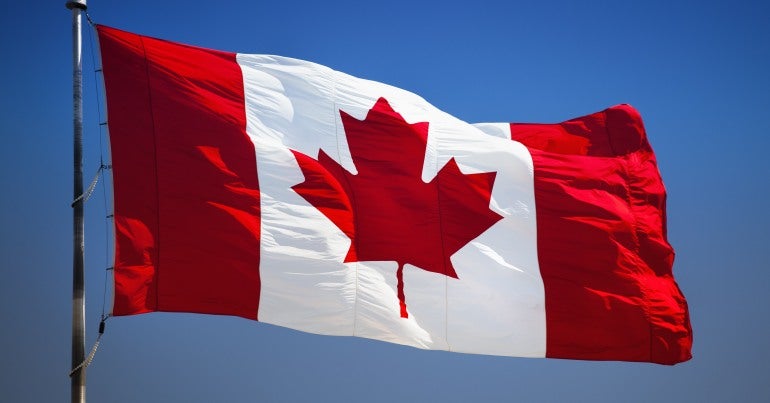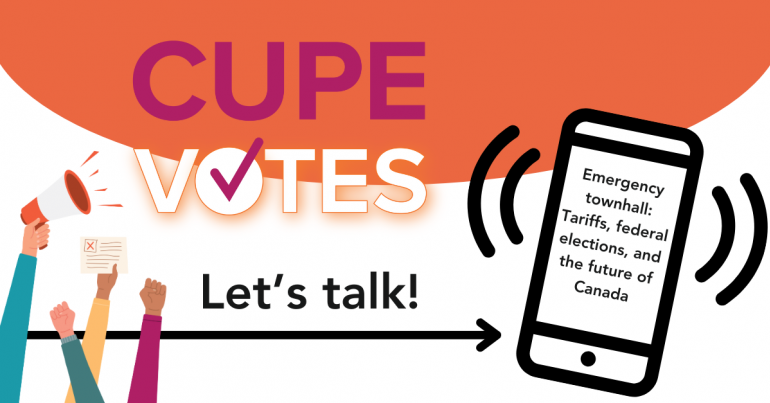Since President Donald Trump was sworn into office on January 20th, 2025, he has made a series of threats to introduce across the board tariffs on goods and services imported from Canada and Mexico, as well as tariffs on specific products such as steel and aluminum, and threatened additional tariffs for any trade retaliation from Canada and Mexico.
Despite the Trump administration’s claims that Canada pays the tariffs, tariffs are a tax that US importers pay to the US government. A 25% tax on imports from Canada makes products much more expensive for US importers. The increased cost encourages US importers to find domestic substitutes. It could also encourage some businesses in Canada to relocate their operations to the US. This could mean significant job losses in Canada as a result.
Policy Failure
As CUPE predicted and campaigned against over 30 years ago, these past three decades of closer economic ties with the United States has made Canada’s economy vulnerable to the impacts of Trump’s threats. Canada relies on the United States both as a destination for our exports, but also as a source of business investment in our economy. Increased privatization has gone hand-in-hand with the free trade agenda, which increases the economic risks for critical sectors, such as electricity, transportation, and telecommunications.
What CUPE thinks
CUPE thinks that the federal government should respond to the economic threat of tariffs with wage supports for workers as well as increased funding for training and retraining, including through post-secondary institutions. The federal government should also work with municipalities to offer a local jobs guarantee program for young workers.
The federal government should support increased trade within Canada by investing in public ownership of much needed transportation and energy infrastructure, and take action to support the domestic telecommunications sector.
Canada’s response must also recognize and uphold the rights of Indigenous peoples through the United Nations Declaration on the Rights of Indigenous Peoples, and the rights provided to Indigenous peoples by the Jay Treaty which allows them to travel freely between the US and Canada.
Where Parties are at
Both Conservative and Liberal parties have said that they will respond to the threat of tariffs with tax cuts and deregulation. Prime Minister Carney has already eliminated federal oversight of major infrastructure and mining projects. A federal review process had ensured universal standards across Canada; a mutual recognition would likely lead to lower standards.
The Liberal party has announced some targeted funding supports for key infrastructure projects, such as a $175 million investment, over 5 years, in the Hudson Bay Railway and at the Port of Churchill, in Manitoba. Unfortunately, the Liberal approach consists mostly of offering additional low-cost borrowing to the private sector, which increases the risks associated with privatization.
The NDP has proposed funding shovel-ready public infrastructure projects across Canada to keep people working, and build infrastructure in the public interest. They’ve also proposed policies that make it easier to buy Canadian, such as putting a tariff on Teslas, and offering a $10,000 rebate for made-in-Canada electric vehicles.
|
Politicians like Poilievre are seeking to use the turbulent times we are in to scare voters into forgetting what our real options are. It’s in their best interest to make us think we have no choice. #polcan #Elxn45 #Election2025 @cupescfp.bsky.social |







